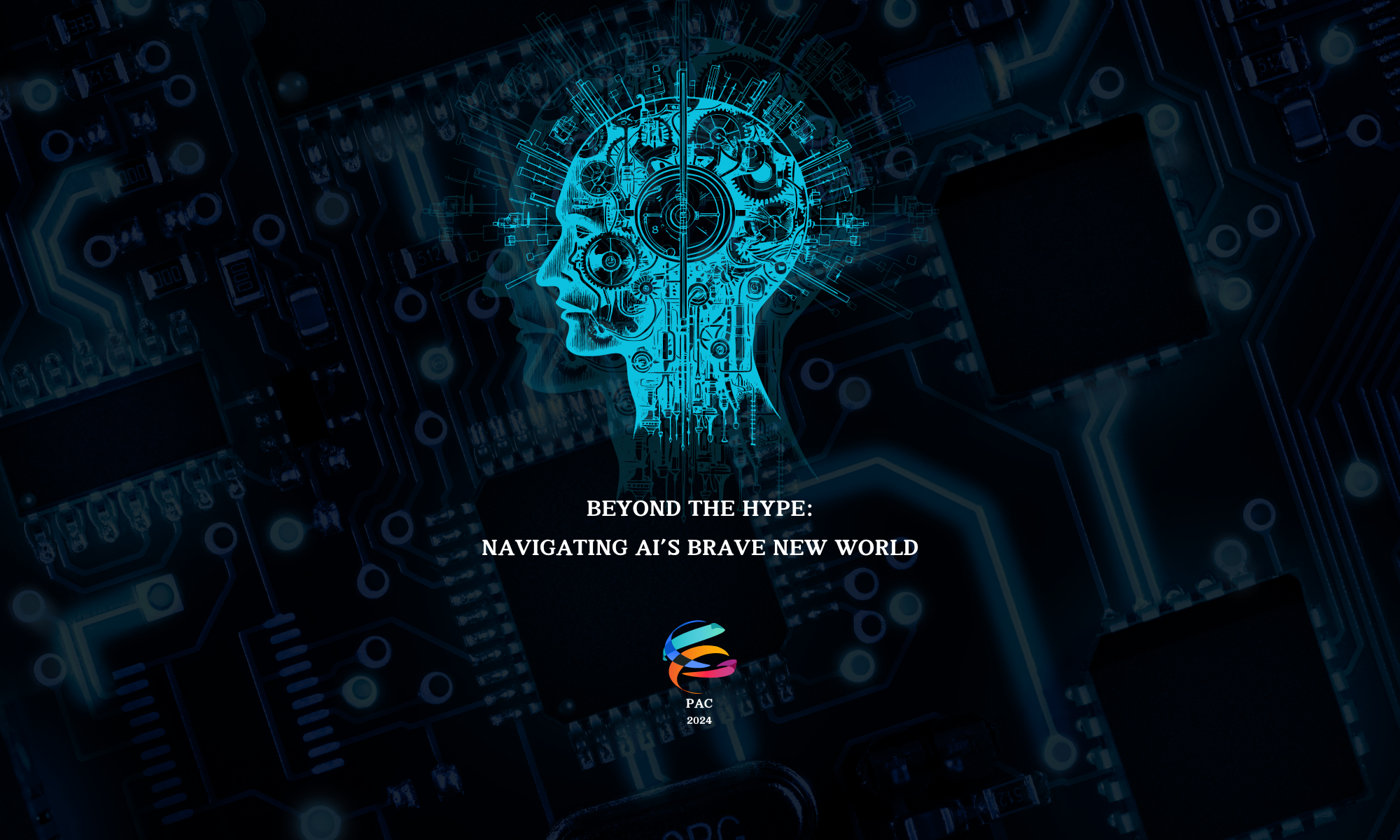Stephen Marche

Journalist and Author
Stephen Marche is a forward-thinking author and commentator who has been at the forefront of discussing the transformative impact of generative AI on various industries since 2019. With a keen eye on the evolving landscape, Stephen has critically analyzed how technologies like ChatGPT are revolutionizing the education sector, urging a reevaluation of how we teach students to write and think creatively in an age where the line between human and machine is increasingly blurred.
Marche will deliver the keynote address at PAC 2024 in Wanamaker Hall at 7:30 pm. His Talk is titled, “Artificial Intelligence and the Future of Language and Learning”.
His insightful contributions to major publications such as The Atlantic, The New York Times, The Wall Street Journal, The New Yorker, and Esquire, where he penned a monthly column, have made him a respected voice in debates on technology, society, and culture. In “The Chatbot Problem” published in The New Yorker, Stephen tackled the ethical dilemmas of AI, exploring the nuanced challenges of bias and the ethical framework necessary for the equitable distribution of language.
His audio novella epitomizes Marche’s innovative exploration of AI’s role in literature, “Death of an Author,” which he created in collaboration with AI programs including ChatGPT, Sudowrite, and Cohere. This work, highlighted by The New York Times, challenges traditional notions of authorship and creativity, marking a significant milestone in the integration of AI in creative processes.
Beyond his explorations of AI, Stephen is the acclaimed author of the speculative non-fiction book “The Next Civil War,” hailed as essential reading by The New York Times Book Review for anyone invested in the future of democracy. His literary repertoire also includes novels such as “Hunger of the Wolf,” “Raymond and Hannah,” and “Shining at the Bottom of the Sea,” further showcasing his versatility and depth as a writer.
Stephen Marche’s body of work not only reflects a profound engagement with the pressing issues of our times but also illustrates his commitment to understanding and shaping the dialogue around technology’s role in reshaping human expression, ethics, and society at large.
